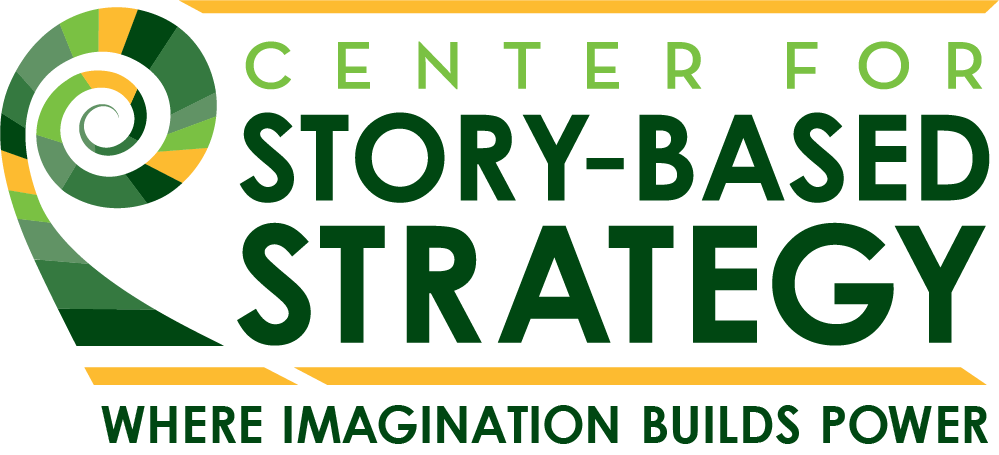Occupy Gezi
OCCUPY GEZI: POTS, PENGUINS, AND POLITICAL IMAGINATION
By Christine Cordero, Program Director
We were having dinner in one of the many restaurant patios off of Taksim Square. Over baklava dessert at precisely 9pm, everyone at the restaurant and out of windows and doorways in surrounding buildings, came the clamor of utensils against pots and pans. The nightly ten-minute “Pots and Pans” sound-protest was one of many creative ways the Turkish people were making their discontent of the government and solidarity with each other known. Musicians then created an homage to the nightly ritual that went viral:
Many of the local organizers of Global Power Shift were also involved in the Turkish movement to keep the government secular and democratic. We were lucky enough to hear them talk about the developing movement activity. The level of creativity and energy was truly inspiring.
The tone was set from the beginning. During the first night of protest, the international audiences watched in horror at the intensely violent response of the police, while the rest of Turkey saw a documentary on penguins. The protestors ran with this: were penguins more important than the safety and voice of the people? Throughout the protests, people dressed as, made videos of, and visually created penguins as a sign of the government and media repression and the protestors’ response.
Many memes, songs, and art emerged as the protests progressed.
One of the organizers said, “Whatever nerve they touched in people, it did two things. There was an anti-authoritarian response and there was humor in response to the fear. We knew the fear wouldn’t go away. We had to subvert every word he said to make our politicality broader. The explosion in creativity creates a bigger identity and bigger movement.”
There were pop culture mash-ups comparing government withSauron from the Lord of the Rings, and referencing the machines being used against and then being taken over by protestors with the popular cartoon Transformers: Polisticons vs. Dirensformers. Protestors made humorous signs and smiley faces with barricade bricks in response to the violence. Protestors traded shifts on the subway, cheering each other on as if going to a sporting event or party, not a protest with almost guarantee of violence.
The support and solidarity from local shops and residents was widespread. When police tried to appeal to parents to take their young adult protestors home, mothers came from all over and linked hands to protect protestors. Older citizens who couldn’t be out in the streets helped by letting protestors shelter from tear gas and water cannons into their homes, or lowering baskets of lemon juice and vinegar to help clear eyes of tear gas. Another organizer said, “The feeling I have about this thing. So many people coming from everywhere, from every region. This is the first time for me in my life that I feel that everybody help each other. When you take the bus, you smile at each. Everybody was helping each other. People opened their doors when people get teargassed. We slept in people’s homes we didn’t know. First time I experienced a feeling that we are all together.”
The protests evolved with the state response. When camping out was prohibited, the standing-man-protest began. People stood for hours continuing the protests, often reading books, and others bringing the standing protestors food and drink. Throughout the protests, the organizers sustained with creativity and invited in a broad swath of support by expanding the identity of who should join and making the cause irresistible and replicable. The activities and symbols were replicated in cities and parks all over Turkey.
The redevelopment of Gezi has been halted and architects have joined in protest against developing the park. Protests continue in the cities of Istanbul, Ankara, Izmir, and Hataya. Protestors’ demands have yet to be met.
They continue to inspire and understand the connection to uprisings internationally: “Confidence in total strangers. People learned to do these things for the first time. Learned from Arab Spring, Occupy, etc. So quickly adopted and replicated. Hey, we belong to this larger community. We can only succeed if we can keep that movement going forward.”
Onward. Diren Gezi!


